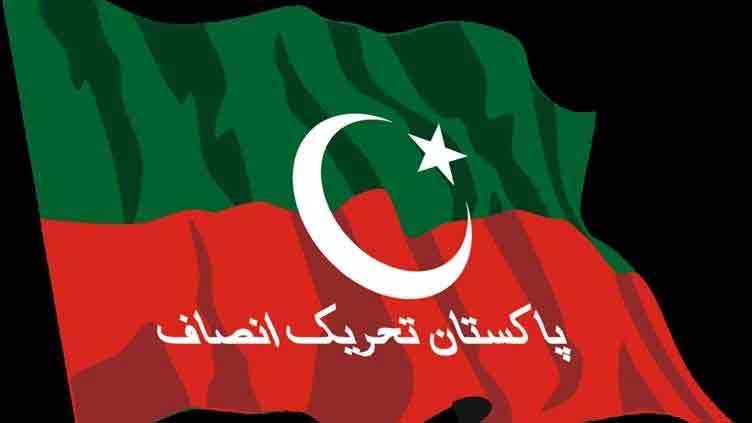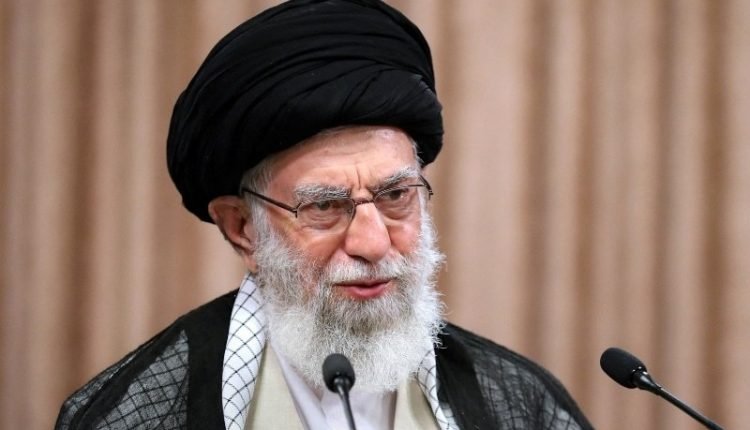Mubashir Nadeem
The Pakistan Tehreek-e-Insaf (PTI) party, once heralded as a beacon of reform and change in Pakistan’s political landscape, now finds itself mired in a deep crisis of credibility, coherence, and internal unity. Infighting and political infighting within the ranks are threatening to dismantle what remains of the party’s political capital. The latest fallout involves the Internal Accountability Committee (IAC) launching an investigation into former Khyber Pakhtunkhwa (KP) finance and health minister, Taimur Saleem Jhagra, which has triggered a chain of accusations, denials, and a public clash that speaks volumes about the rot festering within the party.
The IAC has accused Jhagra of severe financial mismanagement, with reports suggesting that Rs36 billion were allegedly withdrawn from the Pension and Gratuity Account, funds that, according to the inquiry, were never recovered. Beyond financial irregularities, the investigation also highlights governance failures, including irregular appointments and procurement violations. In his defense, Jhagra has vehemently denied the charges, claiming the inquiry is politically motivated and part of a smear campaign orchestrated by rival factions within the party.
This high-profile internal conflict, now playing out in the public eye, is emblematic of a far larger issue plaguing the PTI: a party more preoccupied with internal power struggles than with addressing the very causes it claims to champion. What compounds the situation is that this is not the first time that PTI leadership has been embroiled in allegations of corruption. From the controversial Bus Rapid Transit (BRT) Peshawar project and the Malam Jabba land scandal to the Billion Tree Tsunami project and the murky nexus surrounding former Punjab Chief Minister Usman Buzdar, Farah Gogi, and Bushra Bibi, PTI has faced a string of corruption allegations. Yet, in most cases, action remains largely absent.
Critics have long pointed out the hypocrisy in PTI’s anti-corruption rhetoric. The party, which rose to prominence promising to wipe out corruption in Pakistan, has largely failed to deliver on its promises. Its much-touted stance against corruption has, more often than not, appeared to be a political tool—used selectively to target opponents, while protecting its own. This has left many questioning the party’s true commitment to transparency and good governance. If anything, PTI’s actions suggest that its anti-corruption campaign has been more of a public relations tool than an actual effort to root out corruption from the political system.
Moreover, the PTI’s internal democratic processes have come under scrutiny. When concerns were raised about the fairness of the party’s controversial intraparty elections, Imran Khan’s response was to attack the institution that pointed out the flaws, rather than hold his own party accountable. This reaction is emblematic of a larger issue within PTI: an unwillingness or inability to introspect and course-correct. By rejecting internal scrutiny and failing to address concerns about internal governance, PTI risks eroding the trust it once enjoyed with the people.
To make matters worse, PTI’s current leadership seems more preoccupied with jockeying for power than with addressing the legal challenges facing the party’s founder, Imran Khan. Many believe that the internal discord within PTI is part of a deliberate strategy by Khan himself, aimed at preventing any alternative leadership from emerging. Meanwhile, others argue that self-interested players within the party are taking advantage of the power vacuum left in Khan’s absence, holding on to their positions of influence without any real regard for the party’s ideological goals.
This internal disunity has rendered PTI a fragmented and ineffective opposition force, unable to provide any meaningful challenge to the ruling coalition. Efforts to revive a grand opposition alliance, similar to the Pakistan Democratic Movement (PDM), have faltered, further diminishing the PTI’s ability to mount an effective challenge against the government. As a result, the PTI has inadvertently played into the hands of the government, which now faces little resistance from an opposition that is consumed by its own internal dysfunction.
Pl subscribe to the YouTube channel of republicpolicy.com for quality podcasts:
The PTI leadership must confront a painful truth: it can no longer sustain its image as the champion of reform while engaging in the same practices it once vehemently condemned. If the party hopes to remain politically relevant, it must undergo genuine internal accountability and resolve its internal power struggles. The party needs to prioritize a unified strategy that goes beyond catchy slogans and addresses the real concerns of its supporters. In its current form, PTI risks becoming a cautionary tale about the dangers of political ambition eclipsing the drive for meaningful reform.
What is particularly damning for PTI’s long-term prospects is the growing perception that the party’s leadership is more interested in preserving its own power and privileges than in fostering real change. Instead of uniting under a common cause, PTI’s leaders appear to be more focused on individual agendas and power plays. The internal rifts that have come to light suggest a lack of cohesion and a troubling absence of a collective vision, which are essential for any political party to succeed.
In order to regain the trust of its supporters and the public, PTI must first demonstrate its commitment to the principles of accountability, transparency, and good governance that it once championed. This requires more than just empty rhetoric or symbolic actions; it requires a thorough, honest reckoning with the party’s past mistakes and a commitment to meaningful reform. It also means holding its own leaders accountable for any wrongdoing, regardless of their political influence or position within the party.
Additionally, the PTI leadership must work to repair the damage caused by internal infighting and dysfunction. Unity and coherence within the party are essential for it to remain a credible opposition force. If PTI continues down its current path of internal fragmentation, it risks further alienating its supporters and rendering itself irrelevant in the country’s political landscape.
To move forward, PTI must engage in a process of renewal—one that goes beyond reshuffling its leadership and incorporates the voices of its supporters, activists, and reformers. The party must re-establish its core values, which initially resonated with the masses, and offer a clear, actionable agenda for the future. It must also show the political will to resolve issues within the party and focus on building a stronger, more unified opposition.
In conclusion, PTI’s current crisis represents a critical moment for the party. It must decide whether it will continue to be mired in internal discord and corruption allegations or whether it will take the necessary steps to restore its credibility and relevance. The future of PTI depends on its ability to confront its shortcomings, unite its ranks, and offer a genuine alternative to the current political order. If it fails to do so, it risks becoming a footnote in Pakistan’s political history—an example of what happens when ambition, power struggles, and a failure to prioritize reform take precedence over the ideals that first propelled a party to prominence.
















